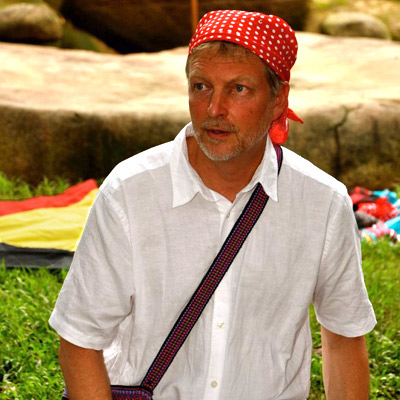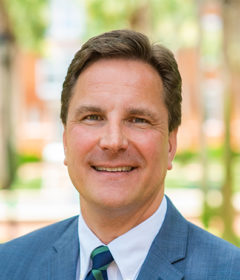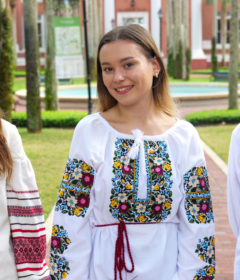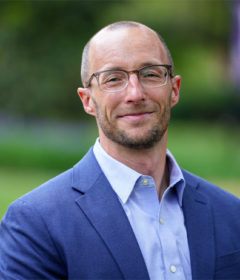Will the world end on Dec. 21, 2012?

If you believe Hollywood and vast numbers of soothsayers around the world, you might think the Maya predicted that the end of the world would happen on Dec. 21, 2012. But according to Stetson University’s resident expert on all things Mayan, the answer would be “not true.”
Robert Sitler, professor of modern languages and literature, and author of “The Living Maya: Ancient Wisdom in the Era of 2012”, the majority of information on the subject is, “inaccurate and just a projection of people’s hopes and fears,” he said. “The date represents the end of a cycle in the Mayan calendar. It’s not the end of the calendar and not the world.
“(The date) is only mentioned two times in ancient Mayan writings,” said Sitler, “and the Mayan prediction is that a deity or group of deities named Bolon Yokte’ will appear on that day.”
Numerous books and films have been written about the date, some “brimming with sensationalistic predictions,” according to Sitler which has caused a spectacular jump in the number of references to the date found on Internet search engines and in the media. A recent poll by Reuters showed nearly 15 percent of people worldwide believe the world will end in their lifetime, and 10 percent think the Mayan calendar could signify it will happen in 2012.
“One of the most curious aspects of the 2012 phenomenon has been a variant of what has been called the ‘pizza effect,’” said Sitler in his essay, “The 2012 Phenomenon Comes of Age.” The term refers to the feedback loop in which cultural exports are re-imported along with added foreign components, subsequently reshaping the culture of origin.
“In the case of 2012,” said Sitler, “several Maya spiritual teachers have had extensive contact with New Age audiences around the world, and have incorporated into their work several non-Mayan concepts that are then presented to both Maya and non-Maya audiences as ancestral indigenous teachings.”
Even though most of what has been said about the date is untrue, we still have much to learn from the Maya people, according to Sitler.
“The central message of elders and community leaders consistently calls us to change our collective ways and live with humble respect for nature,” said Sitler. “To the extent that the outside world integrates the Mayan view that humanity’s well-being relies on the health of the global environment at least this one dimension of the 2012 phenomenon will have enduring benefit.”
Listen to Sitler’s interview with CBC/Radio Canada.



